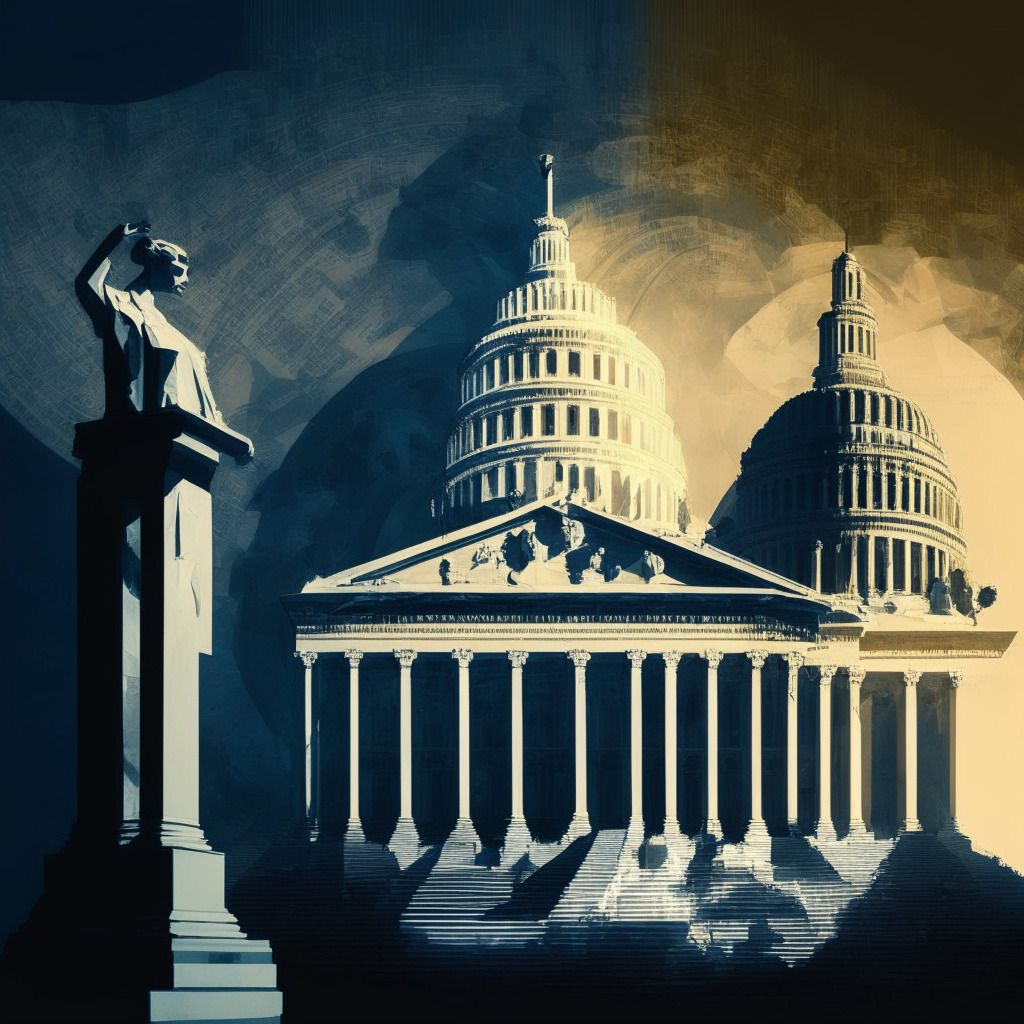In an onslaught of mounting tensions regarding cryptocurrency regulations, prominent exchange FTX is facing backlash from its creditors regarding its newfound reorganization plan. The plan aims at revitalizing the operation of this financially beleaguered exchange by delineating claimants into categories. However, FTX’s Official Committee of Unsecured Creditors (UCC), representing the exchange’s consumer base, has expressed its unmitigated disappointment quite vocally. The UCC highlights a concerning lack of communication from FTX, despite prior assurances and repeated requests, sparking fears among customers of potential neglect.
While FTX is working to revamp its operations as an international entity, it has simultaneously sought court clearance to segregate its Dubai unit from ongoing American restructuring procedures. In its legal submission, it claimed that the FTX Dubai branch is solvent and as such, could be liquidated voluntarily as per the United Arab Emirates’ law, enabling a timely distribution of the cash balance post the settlement of outstanding liabilities and asset liquidation.
Elsewhere on the regulation front, the US Internal Revenue Service has deemed that crypto investors must report crypto rewards as part of their gross income in the same year they receive them. What this means for the average investor is that any gains, whether in cash, property, services, or staking rewards, will have to be accurately reported.
Meanwhile, US Senators, including the likes of Elizabeth Warren and Bernie Sanders, believe that around $50 billion of unclaimed crypto taxes exist. They caution that any delay in updating the tax policy could lead to potential tax revenue losses of about $1.5 billion for the 2024 fiscal year.
But the regulatory concerns don’t stop there. The Department of Justice (DOJ) is reportedly pondering charging the famous crypto exchange Binance with fraud allegations. The instigating factor seems to be the potential security repercussions for customers, reminiscent of the chaos surrounding FTX in late 2022. It is speculated that Binance may be the recipient of fines or non-prosecution agreements, in an effort to reduce possible harms to consumers.
Ultimately, we find ourselves on a flux amidst a mounting, tug-of-war-like contention that demands proper navigation and structure. These incidents spotlight the importance of regulatory clarity in the crypto economy and the key role it plays in maintaining trust within the investor community. The balance between the need for robust regulations and the freedom of decentralized financial advancements remains a complicated quest, yet it represents the cornerstone of the nascent cryptocurrency industry that cannot be overlooked for its long-term success.
Source: Cointelegraph




